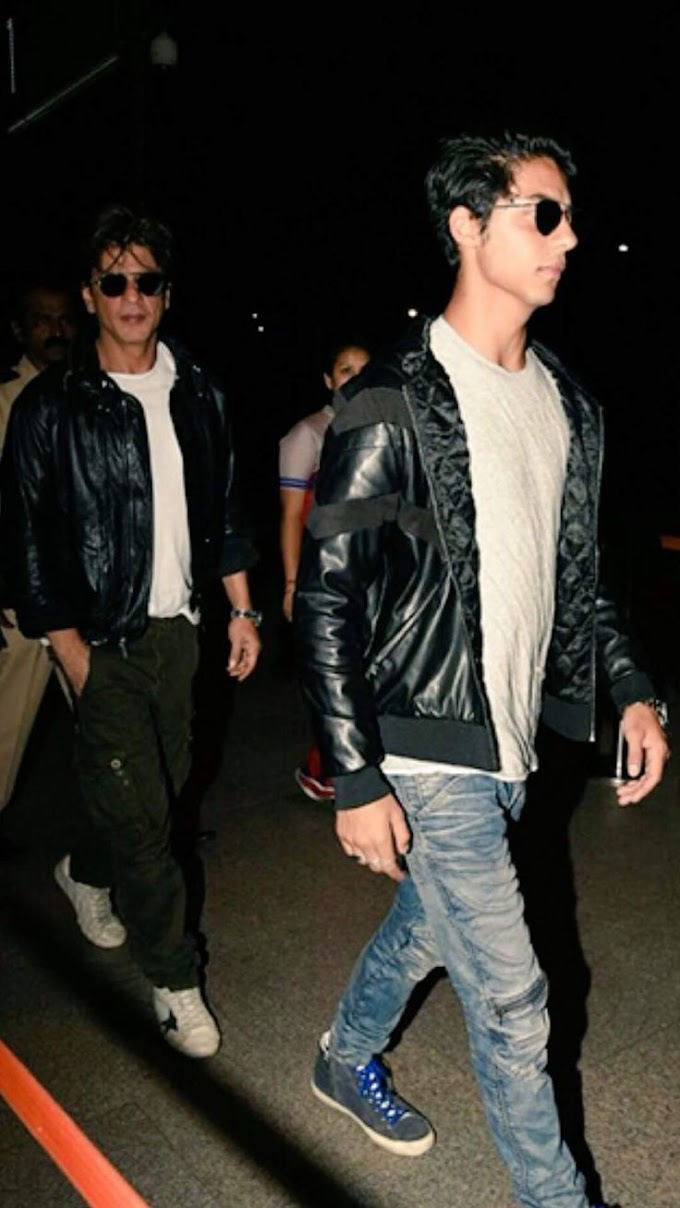Mallikarjun Kharge, Congress president, has been nominated chairwoman of the opposition INDIA group, while Bihar chief minister Nitish Kumar named convener after coalition party negotiations. But according to insiders, the JDU leader turned down the offer, saying that the duty should fall on a member of the Congress party.
Leading INDIA bloc leaders convened virtually on Saturday to make the decision.
What made Nitish Kumar turn down the offer? Five things to be aware of
NCP president Sharad Pawar put an end to all the controversy surrounding the development on Saturday by saying, "There was no dispute among the INDIA bloc members over appointing its convenor, but Nitish Kumar suggested there was no need to project any face for the upcoming Lok Sabha polls."
The TMC was opposing the JD(U)'s desire for Nitish Kumar to serve as convener, as PTI had previously reported. According to Indian Express, Kumar stated that he would only take up the position if everyone was on board.
Pawar denied the reports, stating, "During the meeting, the bloc members suggested that Nitish Kumar be selected as its convenor,
To win votes, one does not have to present a single image. After the elections, we will choose the leader, and we are sure we can offer a substitute. In 1977, Morarji Desai was not projected as the prime ministerial face by the opposition."
The head of the Nationalist Congress Party (NCP) noted that the fact that multiple parties were forming an alliance was encouraging.
According to Pawar, the agenda items for the INDIA bloc conference included programs and policies that needed to be addressed. It was agreed that a committee would be established to determine whether or not to stage nationwide coalition rallies.
However, "Candidates (for the Lok Sabha elections) were not discussed...We will explore seat-sharing. Seat-sharing was negotiated for the Maharashtra Lok Sabha seats, and we will make an announcement as soon as it is finalized," he stated.
MK Stalin, the leader of the DMK in Tamil Nadu, and Kanimozhi Karunanidhi, the leader of the party, participated in the video conference in Chennai. Mamata Banerjee, the chief minister of Bengal, was not present since she was at a prearranged state function.
India's political environment is changing significantly as the Lok Sabha elections approach. A political clash is imminent as the nascent INDIA (Indian National Developmental Inclusive Alliance) coalition prepares to take on the long-standing National Democratic Alliance.
Previously in the 2019 Lok Sabha elections, the NDA won 353 seats, the UPA 91, and Others 98. Between April 11 and May 19, voting was split into seven phases, with approximately 67% of the almost 900 million eligible voters using their franchise to elect 542 Lok Sabha representatives.



.jpeg)
.jpeg)




